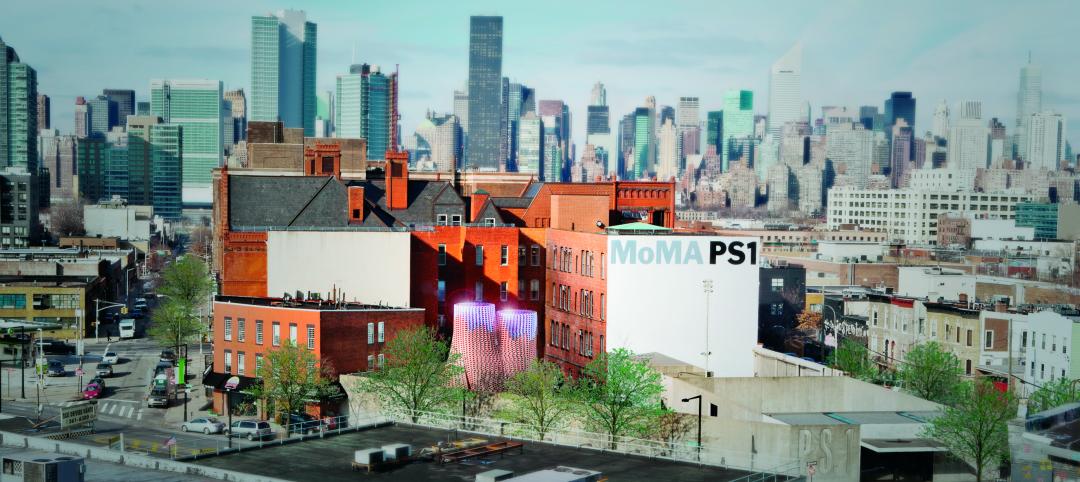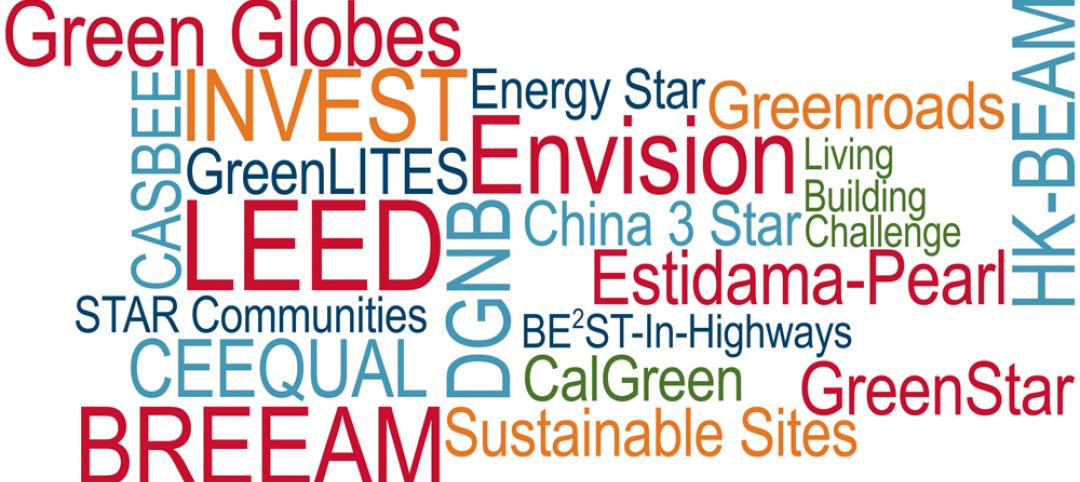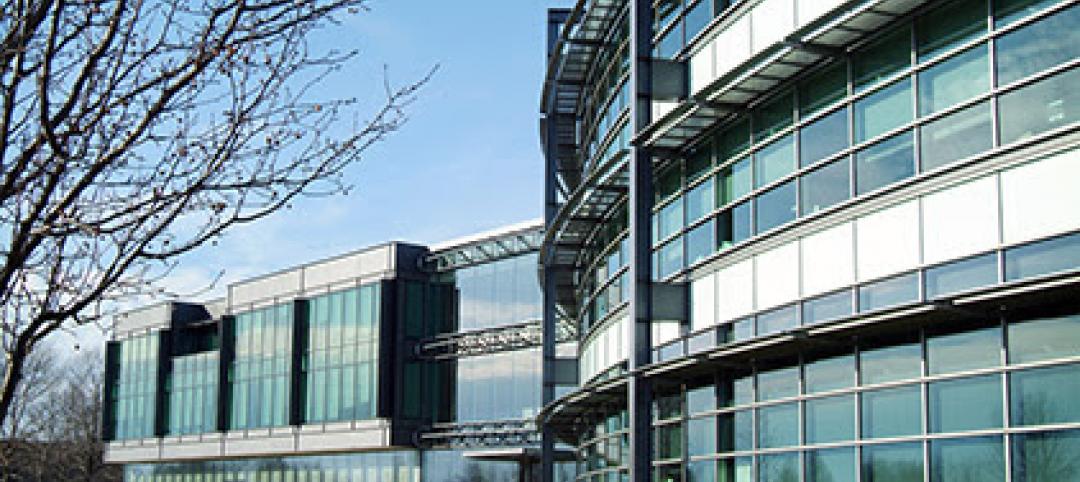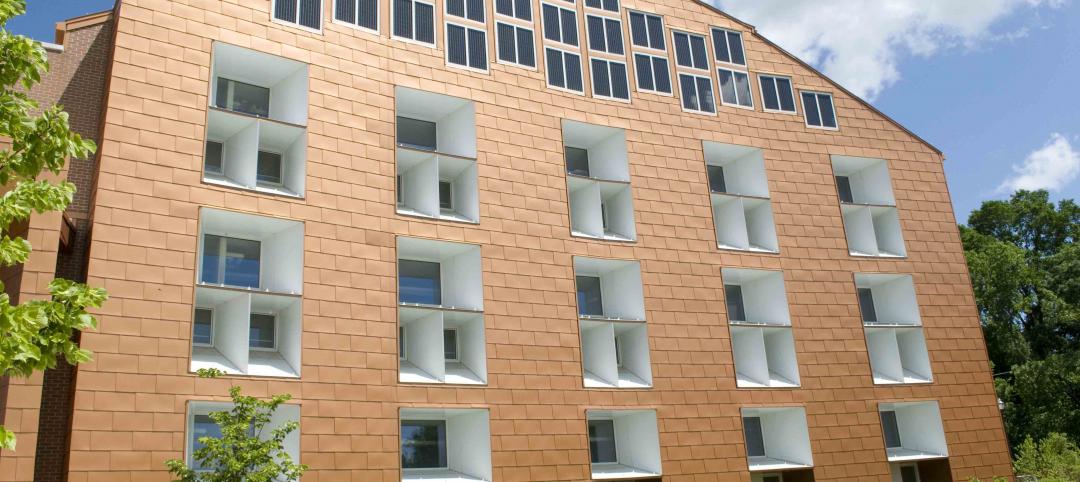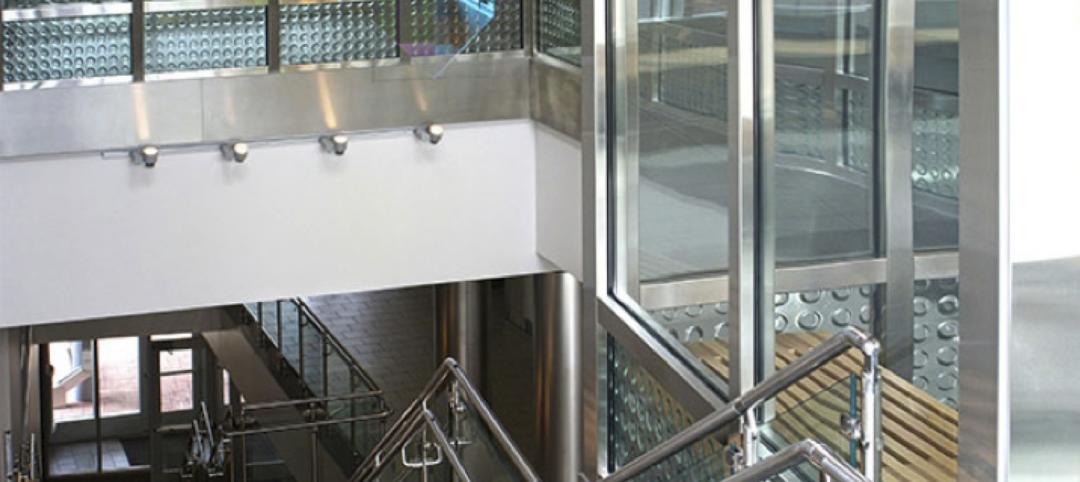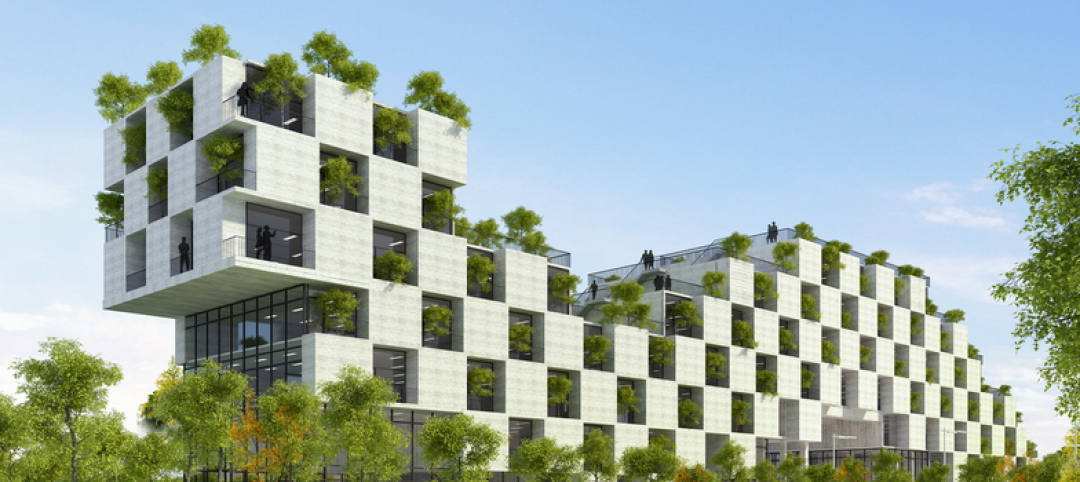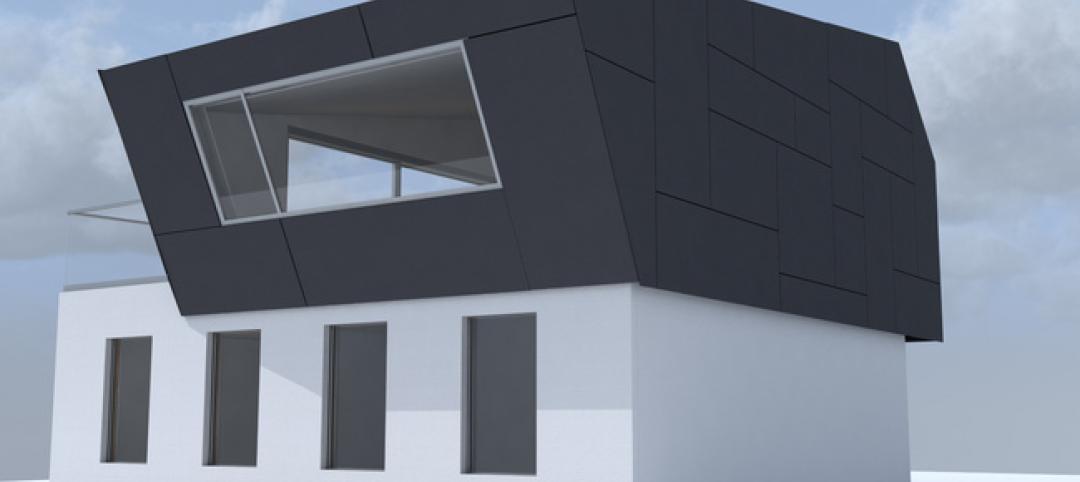The Willis Tower is currently undergoing a more than $500 million renovation that will transition it from an office building into a neighborhood that delivers life and work experiences.
As part of this evolution, Willis Tower, under LEED’s latest v4.1 rating system, has become the largest building in the United States to earn LEED Platinum certification.
In partnership with Rivion, a Wisconsin-based energy consulting firm, EQ, a U.S. office portfolio company wholly owned by Blackstone's real estate funds, improved the building's environmental quality through a number of building enhancements, including:
— Revamping the heating and cooling (HVAC) system through the installation of state-of-the-art technologies, allowing the Tower to heat and cool more efficiently, which is expected to reduce energy consumption by up to 20 percent.
— Reducing heating water energy consumption by replacing electric hot-water generators with natural gas hot-water boilers.
— Upgrading the building's lighting control system and installing energy-efficient LED lights.
— Installing low-flow high-efficiency sink faucets, toilets and urinals, which is expected to cut approximately 30 percent of the building's water consumption (11 million gallons annually).
The driving force behind the Tower's transformation is Blackstone and EQ's mission to create sustainable experiences and make smart choices that improve the space and environment around its properties.
These values are noticeable in the Tower's new 125,000 square feet of tenant-exclusive amenities, as well as the addition of Catalog, the 300,000 square foot retail, dining and entertainment experience at the base of Willis Tower and the soon-to-open 30,000 square foot outdoor deck and garden.
Related Stories
| Sep 29, 2014
Organically grown bricks, urban flood control system among 2014 Holcim Award winners
The 13 Holcim Award winners for North America illustrate how sustainable construction continues to evolve.
| Sep 29, 2014
Report finds links between office design, health and productivity
A new report from the World Green Building Council finds “overwhelming evidence” to support office design as a significant influencer of the health, wellbeing and productivity of staff.
| Sep 16, 2014
Studies reveal growing demand for LEED-credentialed professionals across building sector
The study showed that demand for the LEED Accredited Professional and LEED Green Associate credentials grew 46 percent over a 12-month period.
| Sep 15, 2014
Sustainability rating systems: Are they doomed?
None of the hundreds of existing green building rating systems is perfect. Some of them are too documentation-heavy. Some increase short-term project cost. Some aren’t rigorous enough or include contentious issues, writes HDR's Michaella Wittmann.
| Sep 12, 2014
Armstrong first in Pennsylvania to earn LEED Platinum recertification from USGBC
The Armstrong facility is the first building in Pennsylvania and among only 17 buildings globally to achieve recertification at the highest level possible under USGBC’s LEED-EBOM program.
| Sep 7, 2014
USGBC + American Chemistry Council: Unlikely partners in green building
In this new partnership, LEED will benefit from the materials expertise of ACC and its member companies. We believe this has the potential to be transformational, writes Skanska USA's President and CEO Michael McNally.
Sponsored | | Sep 2, 2014
Judson University’s Harm A. Weber Academic Center resembles copper, but its sustainability efforts are pure gold
The building’s custom-fabricated wall panels look like copper, but are actually flat metal sheets coated with Valspar’s signature Fluropon Copper Penny coating.
| Aug 25, 2014
Glazing plays key role in reinventing stairway design
Within the architectural community, a movement called "active design" seeks to convert barren and unappealing stairwells originally conceived as emergency contingencies into well-designed architectural focal points. SPONSORED CONTENT
| Aug 12, 2014
Vietnam's 'dragonfly in the sky' will be covered in trees, vegetation
Designed by Vietnamese design firm Vo Trong Nghia Architects, the building will be made up of stacked concrete blocks placed slightly askew to create a soft, organic form that the architects say is reminiscent of a dragonfly in the sky.
| Jul 30, 2014
German students design rooftop solar panels that double as housing
Students at the Frankfurt University of Applied Sciences designed a solar panel that can double as living space for the Solar Decathlon Europe.



